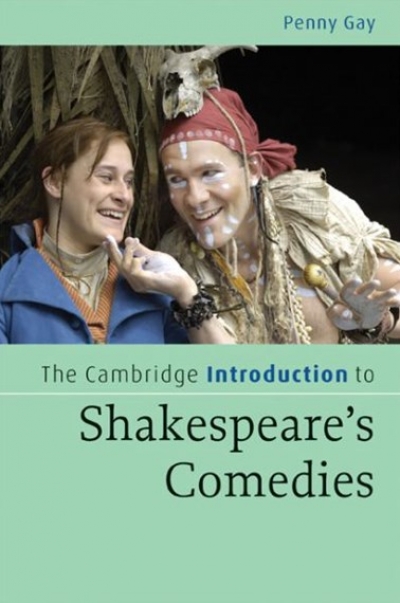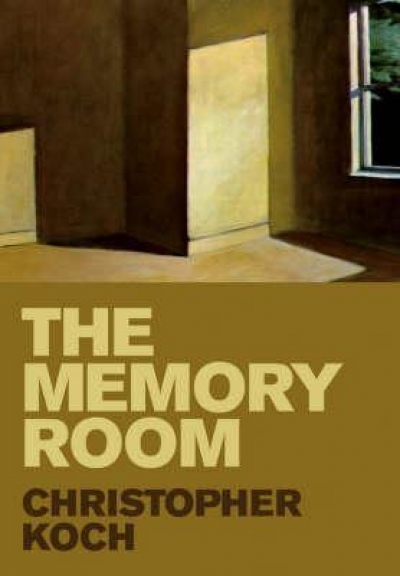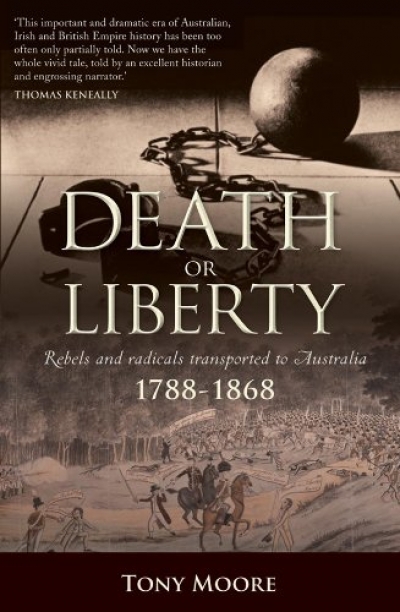History
Saving Lieutenant Kennedy: The heroic story of the Australian who helped rescue JFK by Brett Mason
by Nick Hordern
In August 1943, John F. Kennedy, then aged twenty-six, was rescued from the threat of Japanese captivity – or worse – by a few brave Solomon Islanders, in an operation coordinated by the Australian naval officer Reg Evans. Evans was one of the Royal Australian Navy’s ‘Coastwatchers’, intelligence collectors based perilously behind Japanese lines.



























